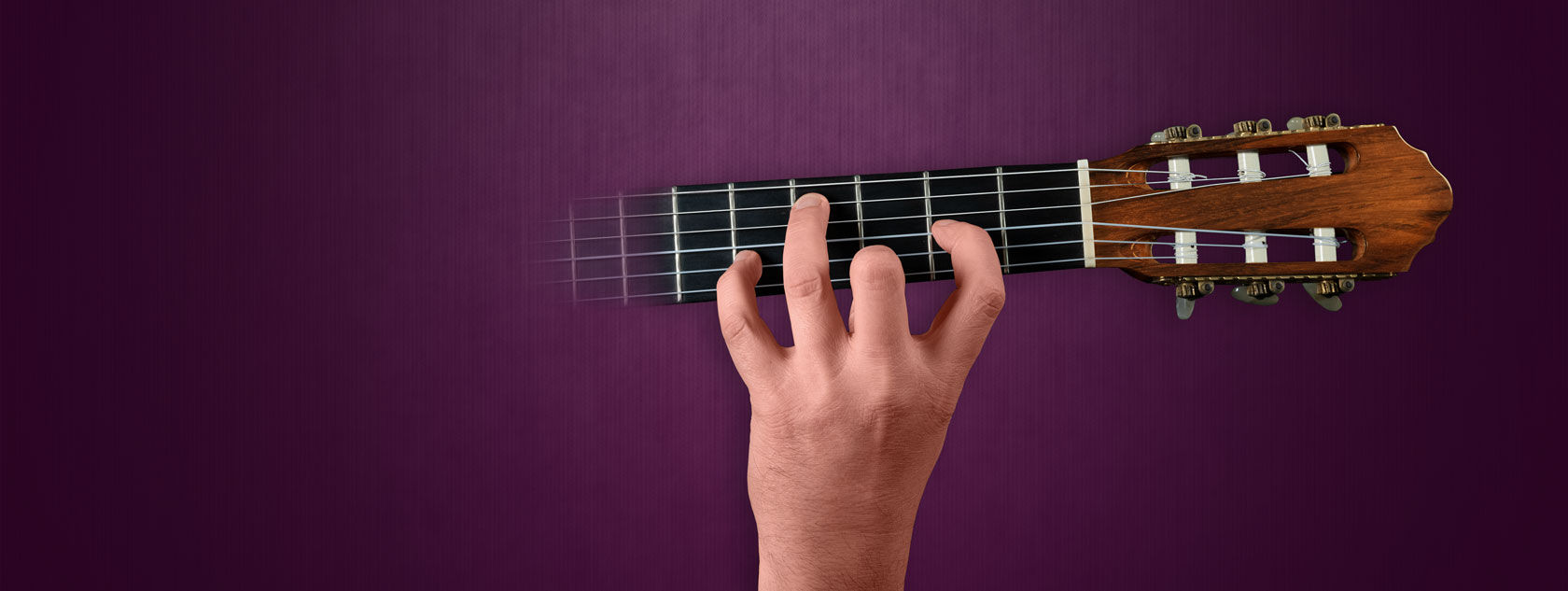
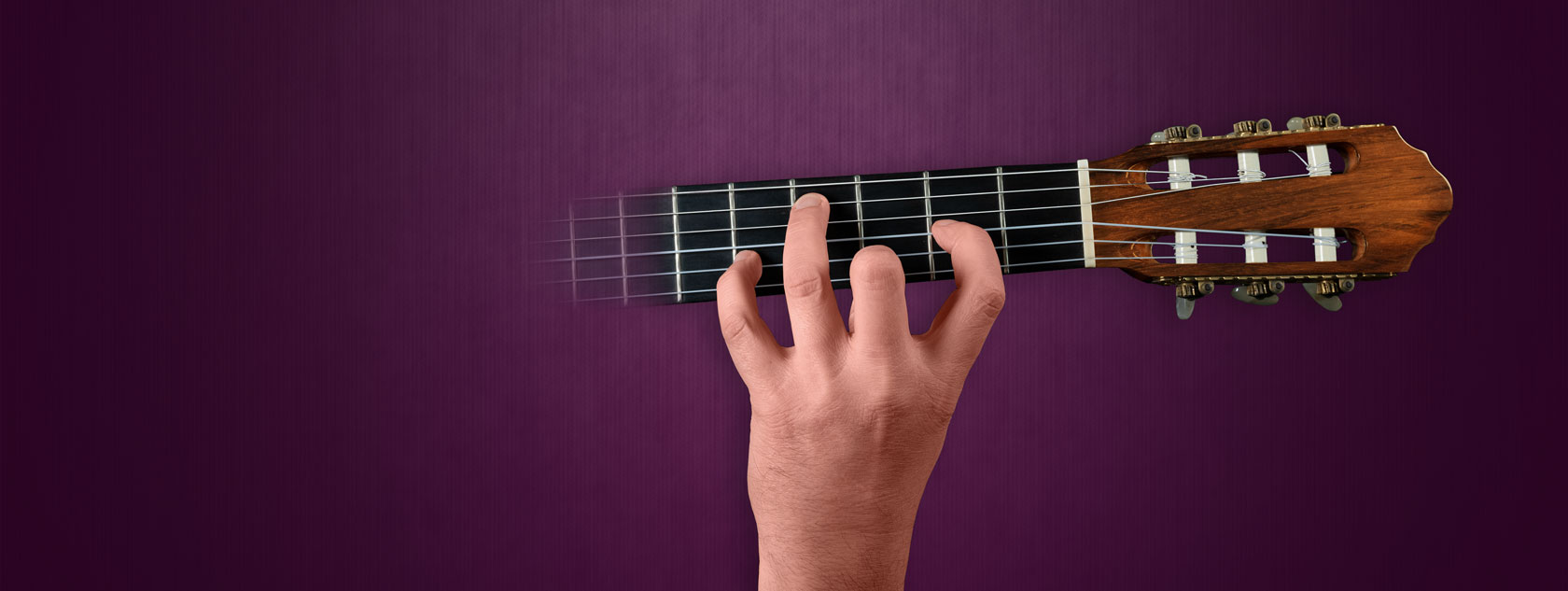
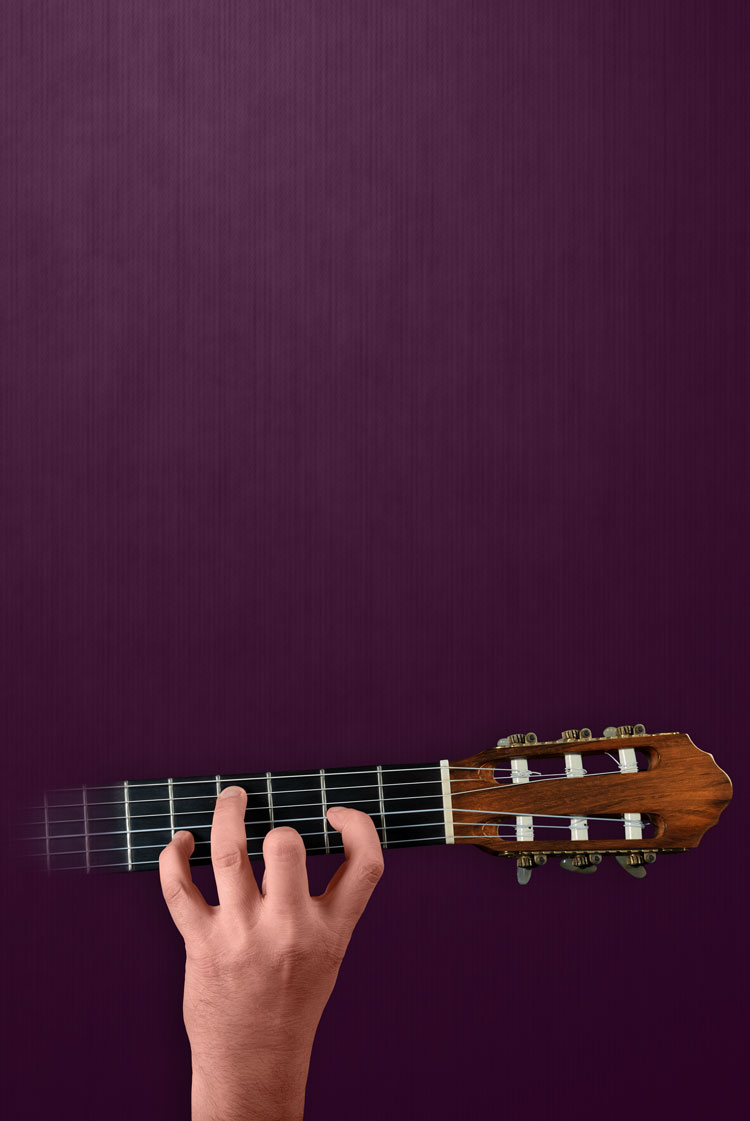
Learn to play with Our online lessons
- KEEP YOUR LESSONS FOR LIFE
- NO MONTHLY FEES
- UNLIMITED LIFETIME ACCESS!
- UP TO 20% OFF THROUGH FEB 2026!


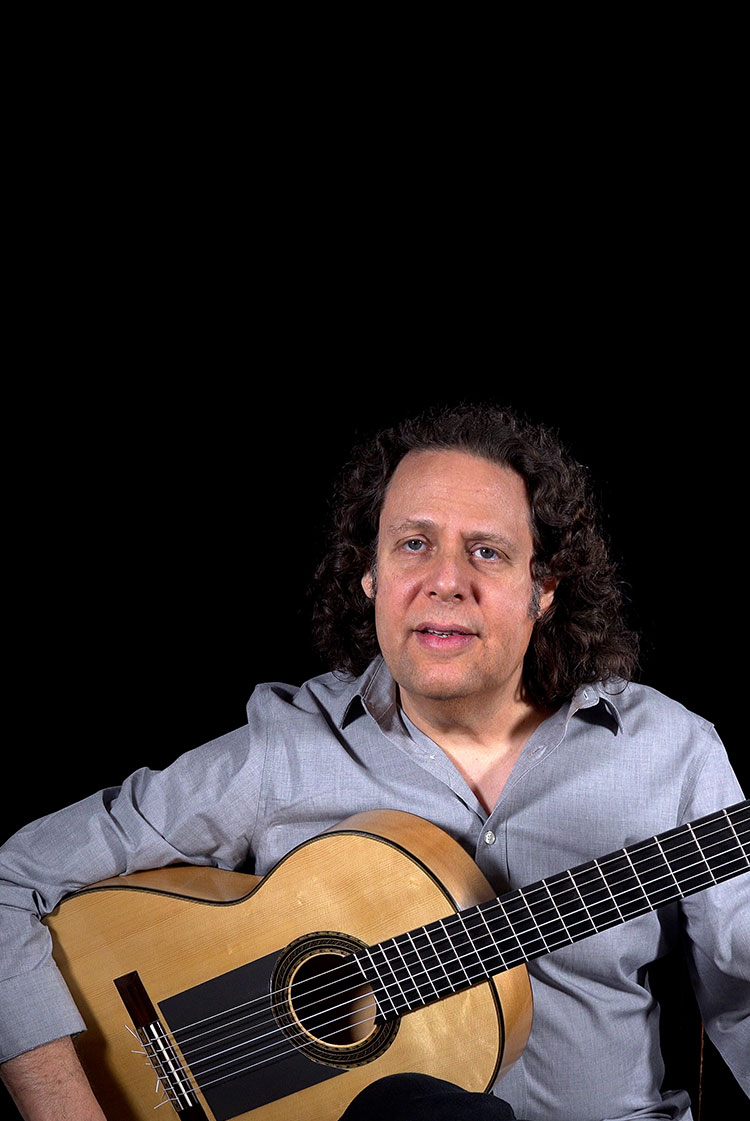
Flamenco Guitar LessonFlamenco Guitar for Beginners Part 1
- IMPROVED VIDEO QUALITY & CONTENT
- ANNOTATED VIDEOS
- BY ADAM DEL MONTE
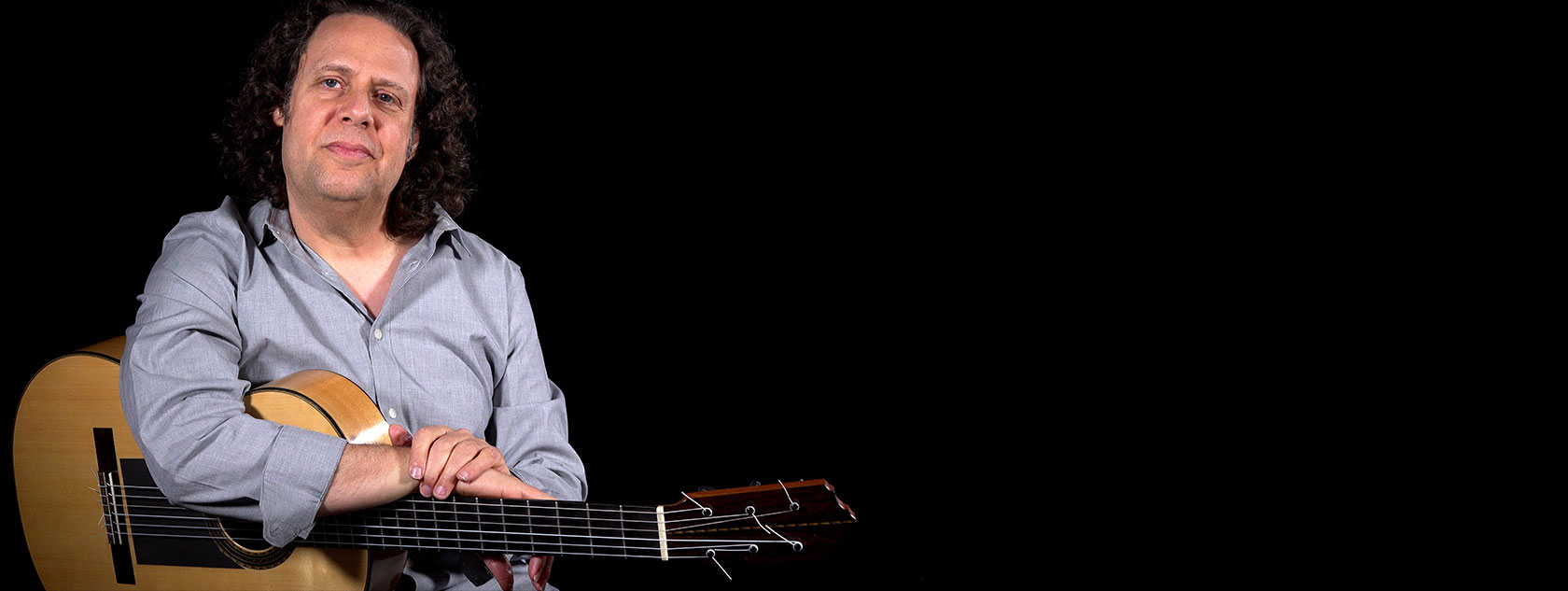

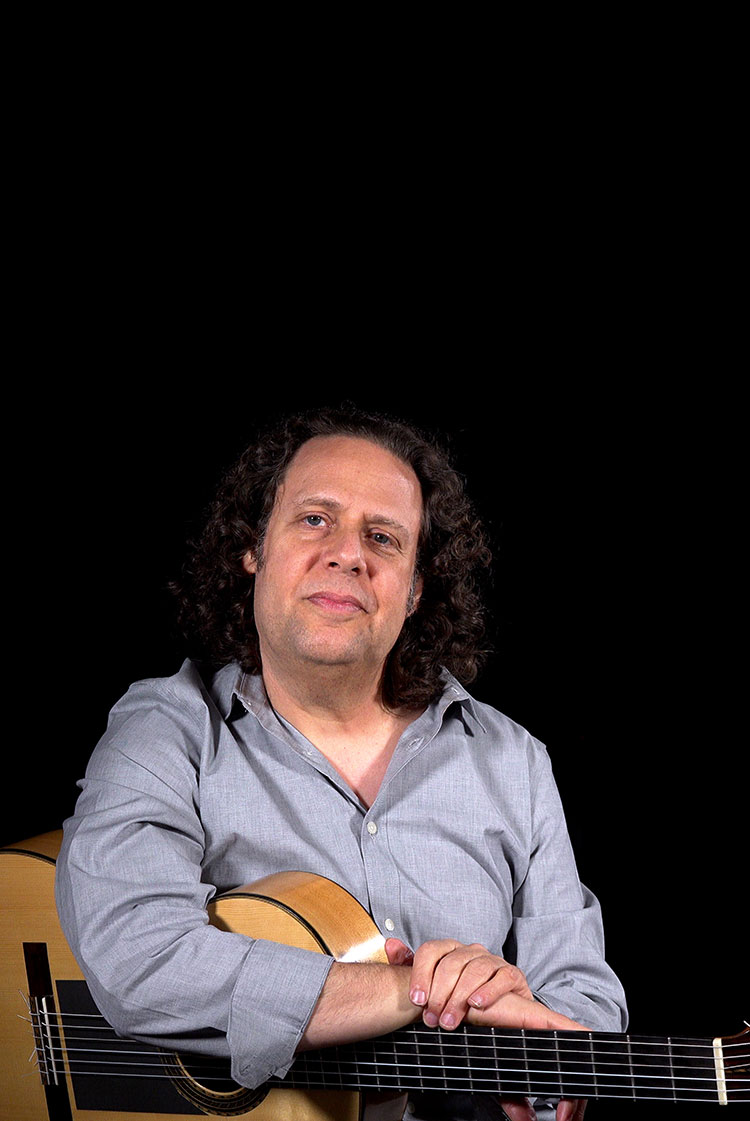
Flamenco Guitar Lesson Flamenco Guitar for Beginners Part 2
- IMPROVED VIDEO QUALITY & CONTENT
- ANNOTATED VIDEOS
- BY ADAM DEL MONTE
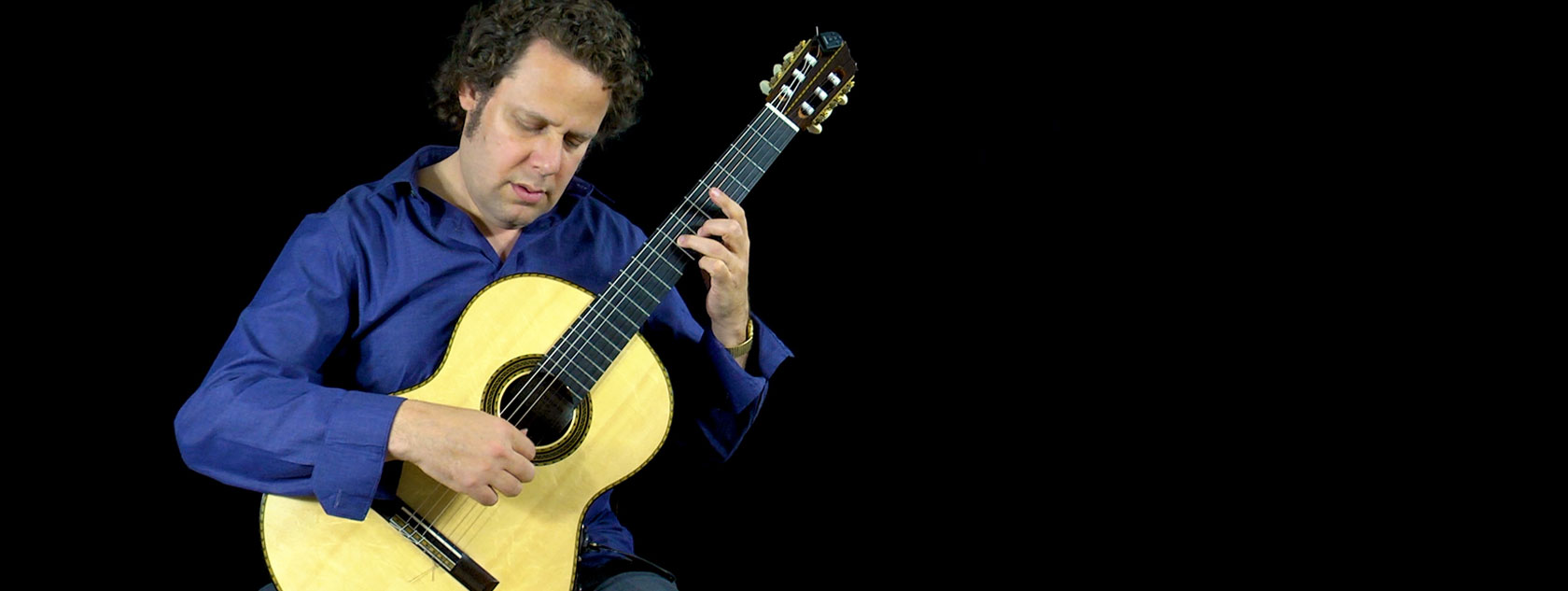

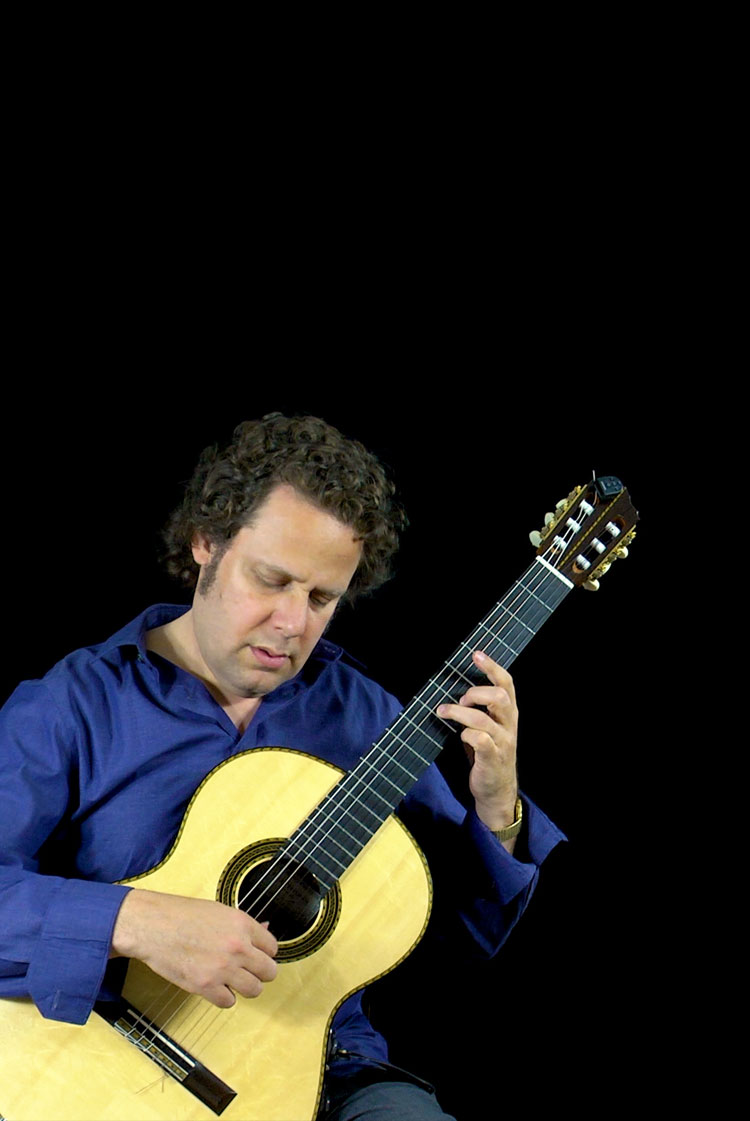
New Classical Guitar Lesson Recuerdos de la Alhambra
- 1 HOUR AND 15 MINUTES
- A TREMOLO MASTERPIECE BY TÁRREGA
- BY ADAM DEL MONTE

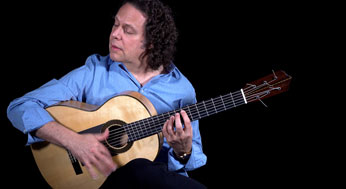
 Advanced Beginner
Advanced Beginner 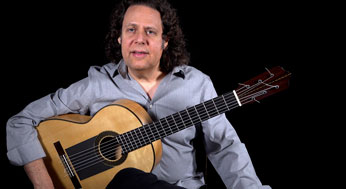
 Beginner
Beginner 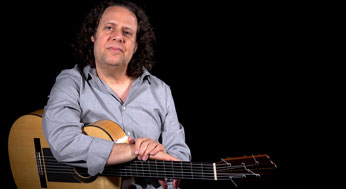
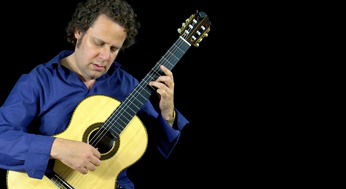
 Intermediate
Intermediate 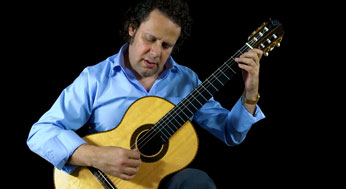
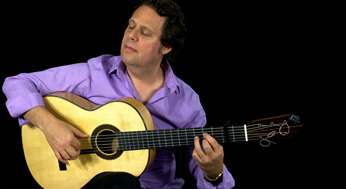
 Advanced
Advanced 


